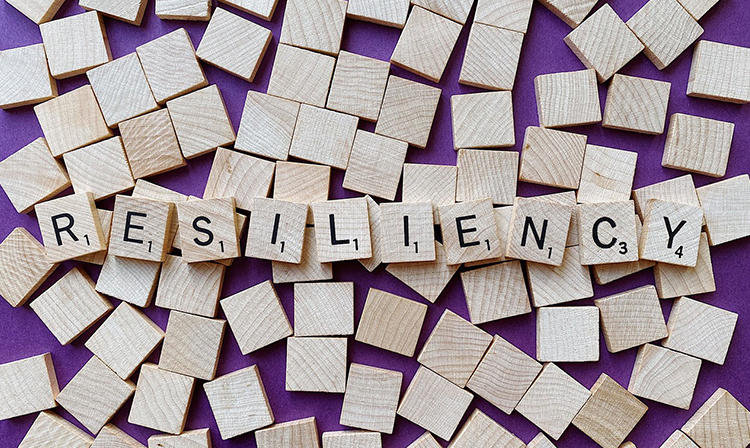The school year is beginning. As a parent, you are navigating waters that you never expected to face. You are having to deal with and address issues that, a year ago, were unheard of and unforeseen. You are having to plan your time for work, home, and school in a manner that you just didn’t see coming. Depending on where you live, your kids are in an in-class mode, a hybrid program, or are totally virtual in their learning. No matter which of these apply, you are finding that you have to be agile, flexible, and adaptable. Yes…all apply.
How do you do it? How do you embrace this new mode of life and stay balanced? A soldier not long ago returned from the Iraq war to his family. He had lost both of his legs to an IED (improvised explosive device). To say he struggled to get his life back to some kind of regular pace and rhythm would be an understatement. In an interview, he was asked how he deals with the challenges in his life. He said, “I pray to calm myself down and I ask God to give me a mindset of resilience”. Resilience? What is that? Simply put, resilience is the capacity to respond positively to adversity. The key word here, of course is “positively”. That cannot and will not happen without active intentionality.
As a parent, is this not how you would like to see your children respond to adversity? To failing a test? To a failed friendship? To a major disappointment? Is this not how they can become stronger and develop a deeper endurance that they will need in life? Of course. So this pandemic environment is now providing you the opportunity to model what you desire to see take root within your children.
Here are a few tips that will get you on the road in this endeavor:
Build connections: Quality relationships—with both adults and peers—are key to resilience. Strengthen your child’s relationship with you by showing appropriate warmth and affection. Physical touch is especially important.
Focus on managing emotions: Resilience is about responding to emotions in a healthy way. Children respond to challenging events differently, so they may need different types of support. You can help by encouraging your child to talk about their feelings and acknowledging what they tell you.
Create opportunities for personal challenge: Resilience comes through facing obstacles and managing success and failure. Taking “healthy risks” that are age- and developmentally appropriate builds confidence.
Keep a routine: A regular routine can be comforting to children, especially younger ones who need more structure. Encourage your child to develop their own routines, like getting outdoors before starting homework, for example.
One day you will look back on the era of Covid-19 and will reflect on what happened. What memories do you want to prevail in the minds of your children? What good habits do you want them to have developed that you can model for them now? We can only control ourselves and influence others. God, our Creator, says: “A man without self-control is like a city broken into and left without walls.” What happens to a city broken into? It is looted and stripped bare. You don’t want that to happen to you. You certainly do not want your children see you stripped emotionally bare and broken. So start now. Ask Our Lord for the grace and strength to get up each day and model a resilient approach to the day’s challenges. This will bring calm and peace to your children’s hearts. You will look back with great joy, we promise.
NOTE: Source for this article can be found at https://blog.acsi.org/13-ways-to-build-resilience-in-your-children








